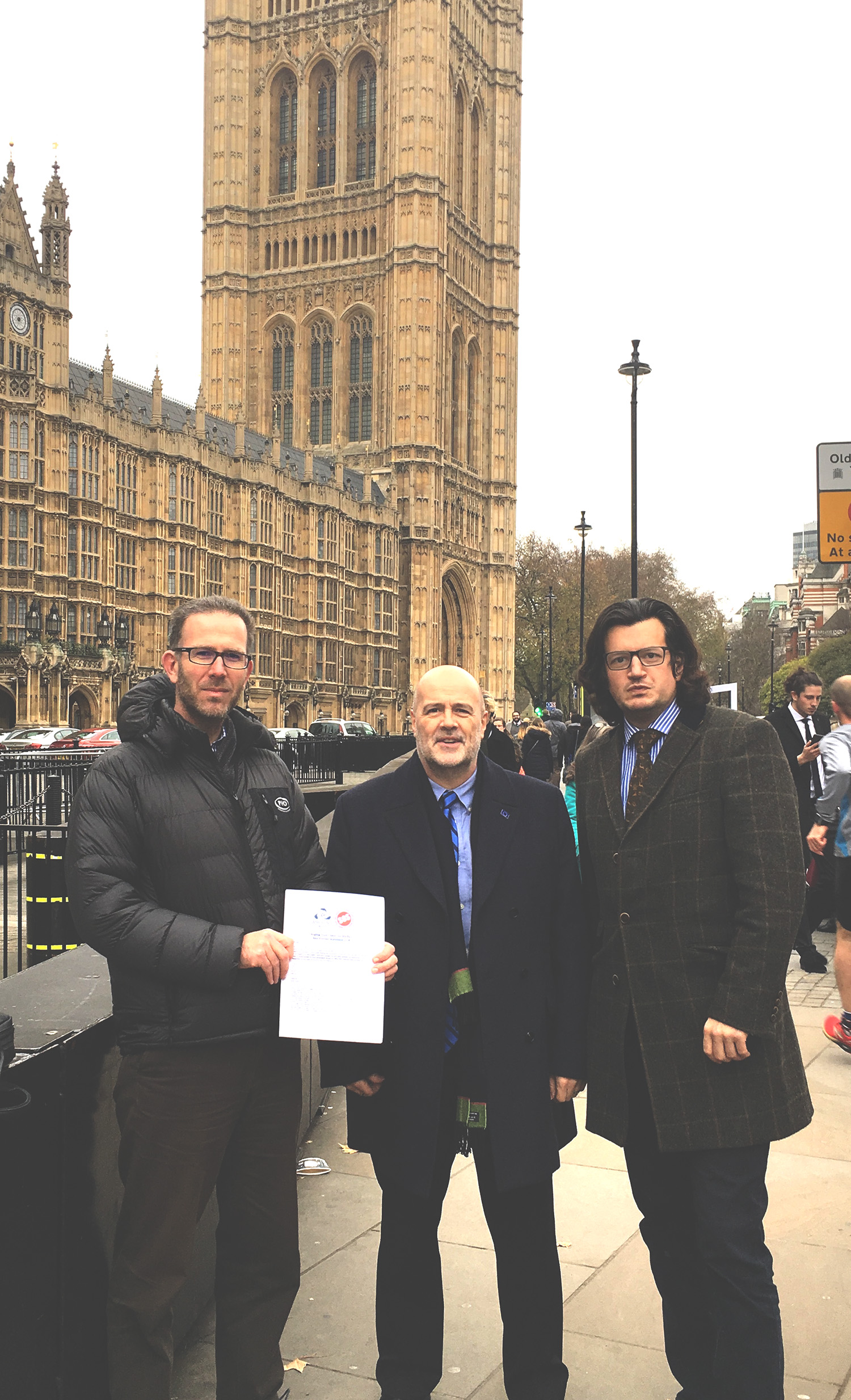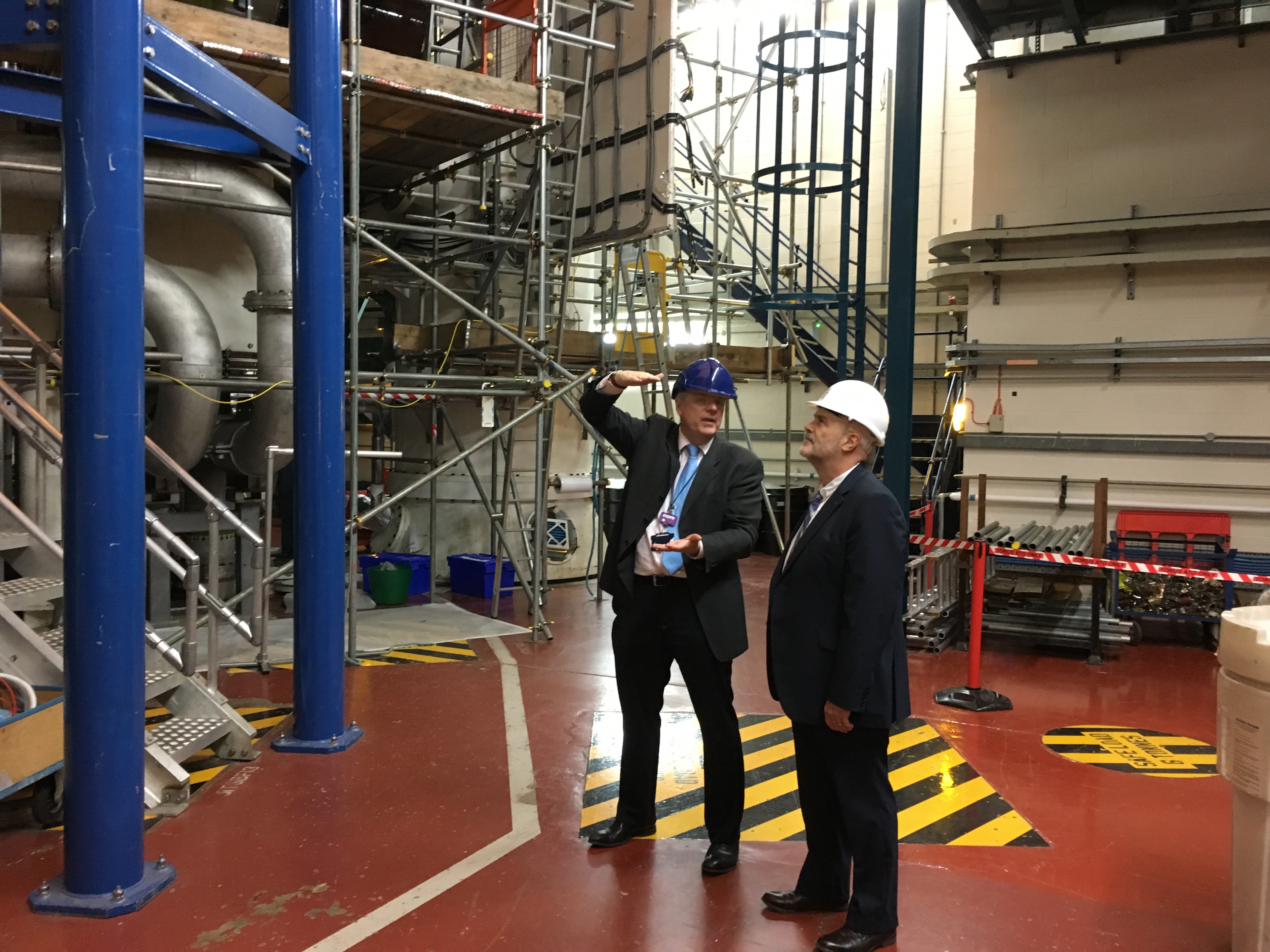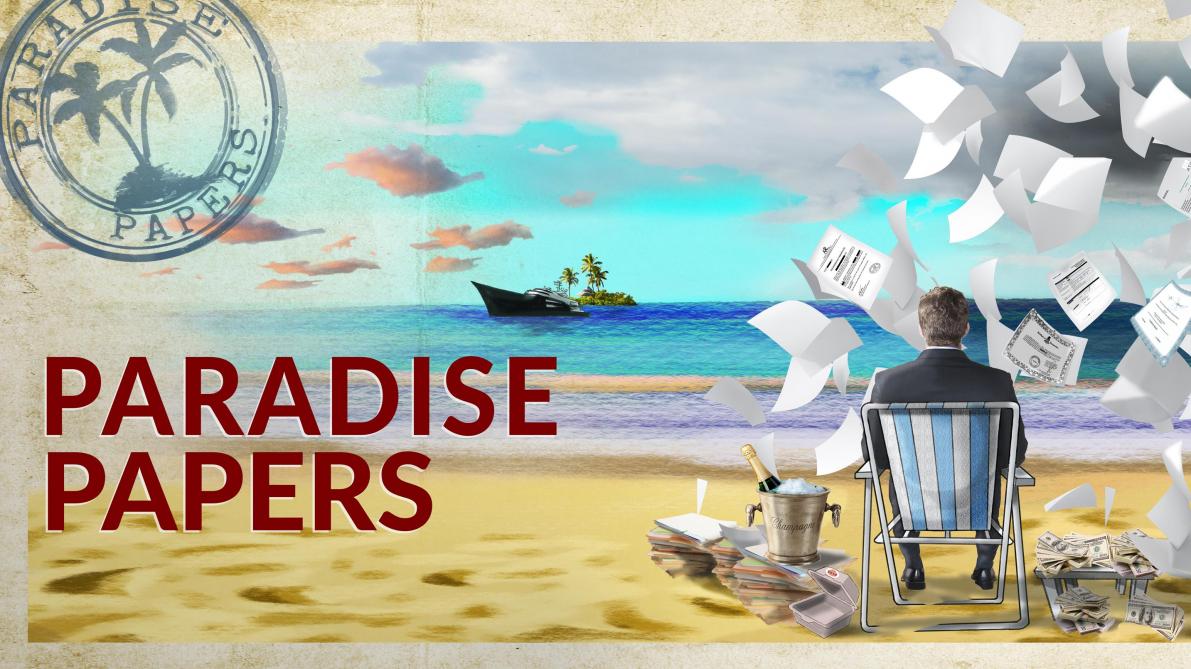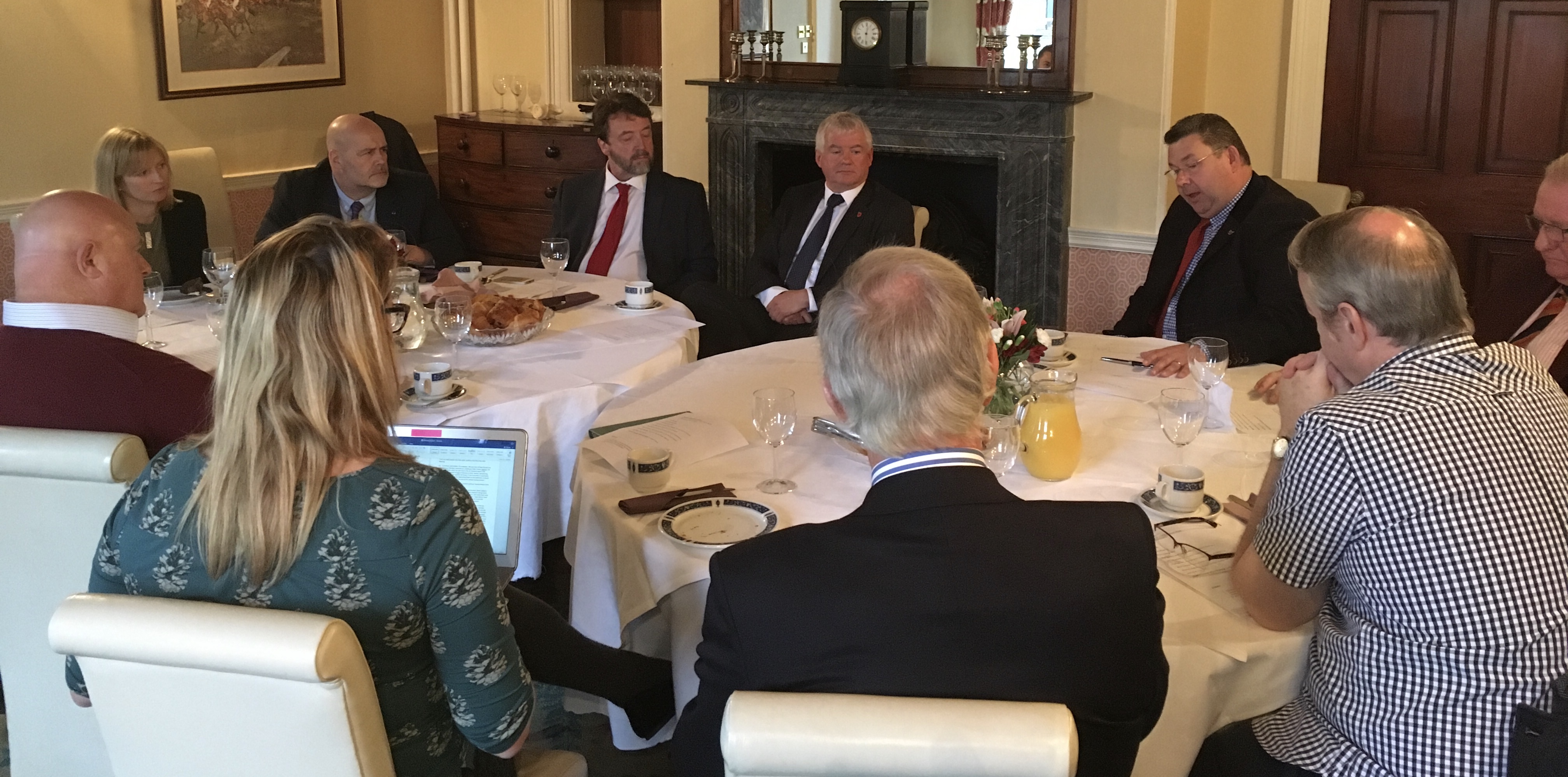Few at the outset of 2017 would have predicted many of the things that came about.
Very few foresaw the outcome of public events in the UK or worldwide - or if they did they kept their foresight quiet. As we move into 2018 some commentators naively expect a year more predictable even though the events of the past five years should have taught us that the only certainty of this era is continued uncertainty.
If I might be allowed one equally naive wish for 2018 it would be for a deal more honesty from our leaders in facing the historic challenges that the year ahead will present and a recognition from the commentariat of the honesty that there is already out there.
The first and largest challenge for Government and Parliament in the UK is and will remain resolving the situation between the UK and the European Union. The Government has adopted the approach that its job is to deliver the outcome of the 2016 Referendum. Having fought an election seeking a mandate for an extreme interpretation of that result and lost, how long will it take the Conservatives to recognise that they cannot unite the UK by following that rejected path? Nonetheless, in negotiating that outcome the Government's challenge is to demonstrate to the British people that it can deliver the promises made to the public during that campaign. The challenge for Parliament is to hold the Government to account on whether that mandate has, or can be delivered as promised. Should Parliament conclude that, despite the best efforts of the Government, the prospectus held out to voters in 2016 has not or can not be delivered then Parliament must determine what happens next. That this can now happen was the most important decision of 2017.
The challenge for the Conservative Party in Government is to prove that it is still capable of leadership. Opportunism and the seeking of personal advantage came to dominate even the most critical decisions for the nation. Leadership was nowhere to be seen, self-preservation became the only game in town. When Brexit unravels under the weight of its own contradictions, this will mean confronting reality with something more than wishful thinking and that recognising that expressions of optimism and faith do not take us anywhere in the real world.
For the Opposition the challenge is different. Labour has failed to dislodge unpopular Conservative Governments at two general elections under quite different leaders. To do so Labour will need first to demonstrate that it’s rhetoric about being a government in waiting is real by effectively holding the present government to account, becoming an effective opposition in Parliament. Then Labour must provide a prospect of Government that can command a sufficiently broad coalition within society to deliver a viable electoral majority and the good will necessary to govern. Labour had that based on quite different visions in 1945 and in 1997 each delivering successful periods in office. The circumstances faced by Labour the next time it faces the electorate will be different again, but the same question will remain: how social justice can be married with individual aspiration to command an electoral majority and delivered for the benefit of the community as a whole.
If this all sounds like a wish to rediscover the politics of pragmatism then it probably is but it is also a desire to see Leaders put the national interest before their narrow perceptions of party advantage. I say narrow perceptions, because I’m convinced that those that genuinely act on what they really believe in 2018 will be respected for their actions and realise the reward for their party. The time for playing the game of tactical advantage has, for now at least, passed.
Beyond the admittedly fascinating business of UK politics, the future of Europe is being debated in a time of vast technological and social change. Whatever the outcome for Britain and the EU27 several truths will continue:
The EU can, must and will continue to change. While some of us might not like the forces that have produced the globalised world in which we live, they are real, they exist whatever options exist turning the clock back its not one of them. Authorities that can operate beyond the nation state are the only means of redressing the balance between otherwise unaccountable mega corporations in individual citizens. The EU is the only effective means Europeans have right now.
Europe’s nation states remain important to Europe’s people, their interests, ways of live and identities. The success of the EU will depend on the recognition and understanding of identity and diversity and the development of patriotism that is modern, diverse and an opportunity rather than a threat.
By default or by design the decisions and direction of the EU will continue profoundly to affect its European neighbours. Those who render themselves without influence can hardly complain that they are then ignored. Despite this, ‘the club of nation states’ that is the EU will be foolish if it cannot understand and find means of gaining common advantage from its inevitable geographical relationships.
For a politician unpredictable times make a fascinating job thrilling. The ‘ringside seat at the making of history’ is a great privilege and most of us do the little we can in good faith to influence events for the benefit of the communities and nations we represent. That we seek very different outcomes is undeniable but for the most part our differences of opinion are sincere and our passions genuine.









